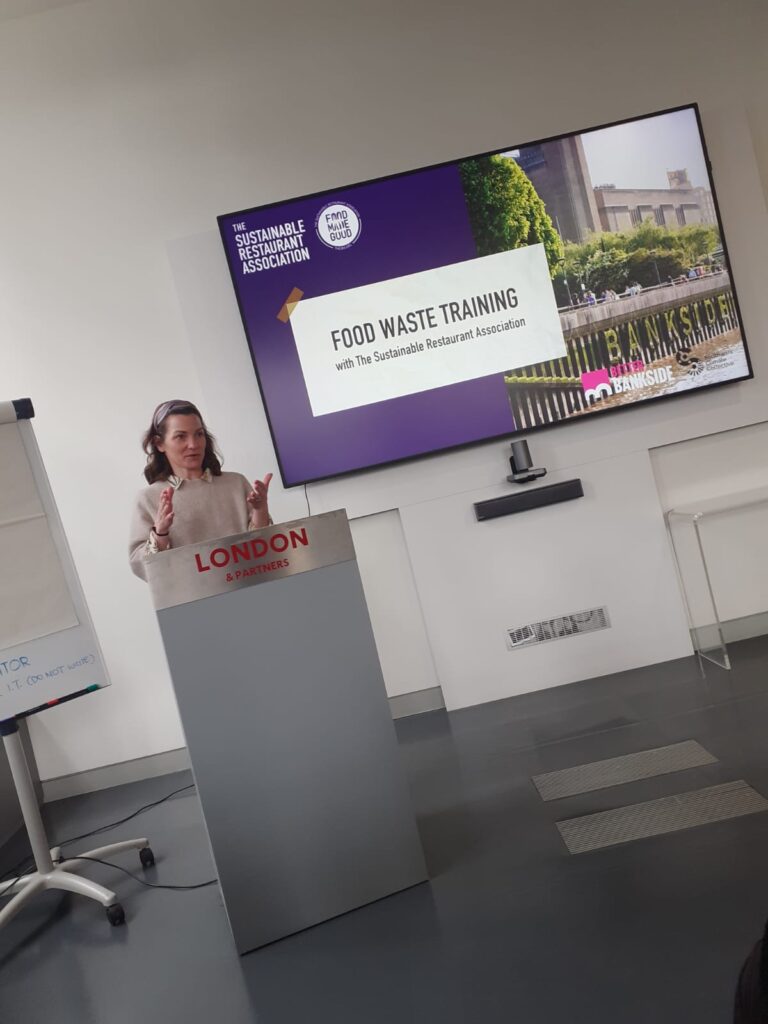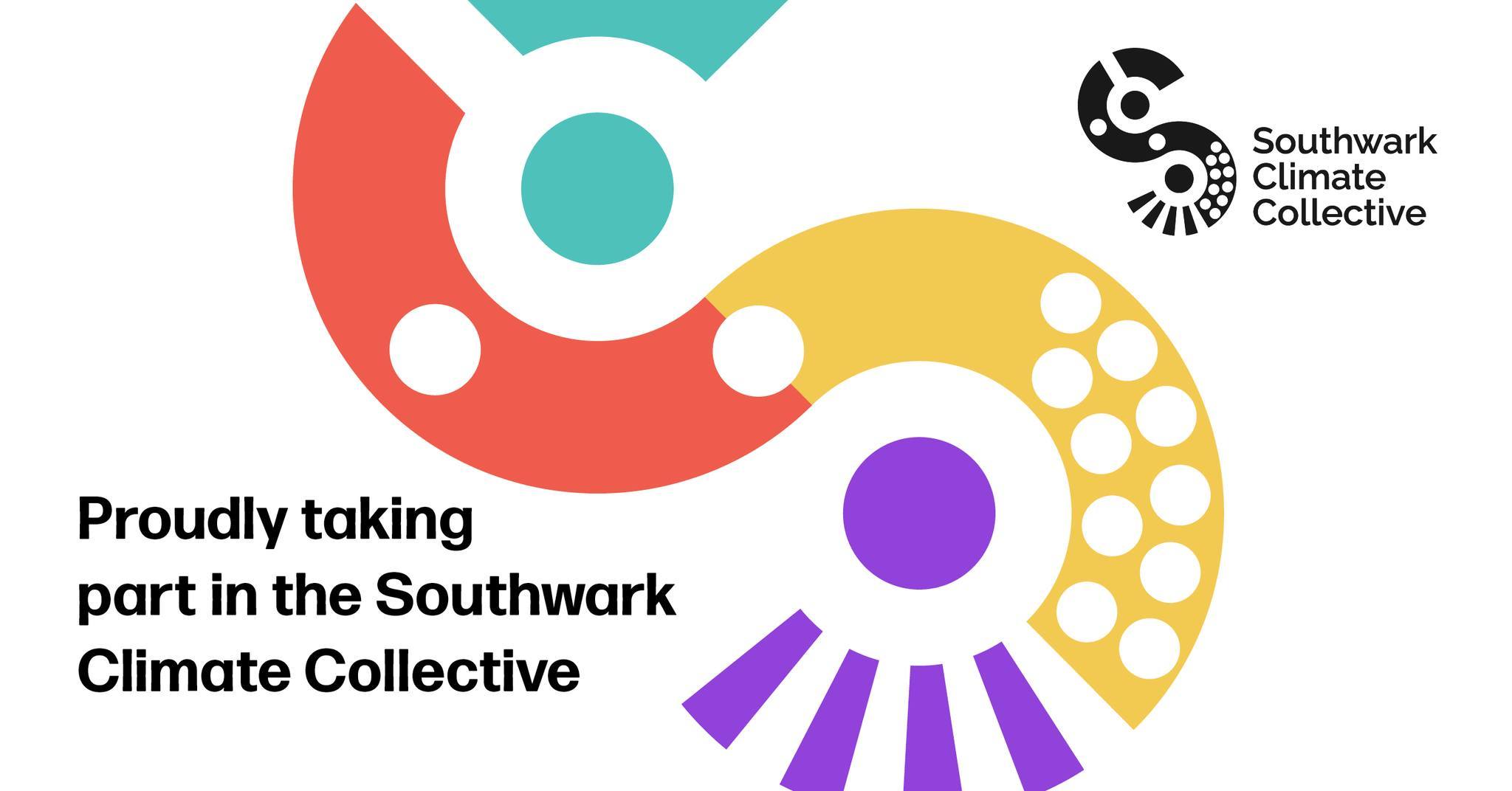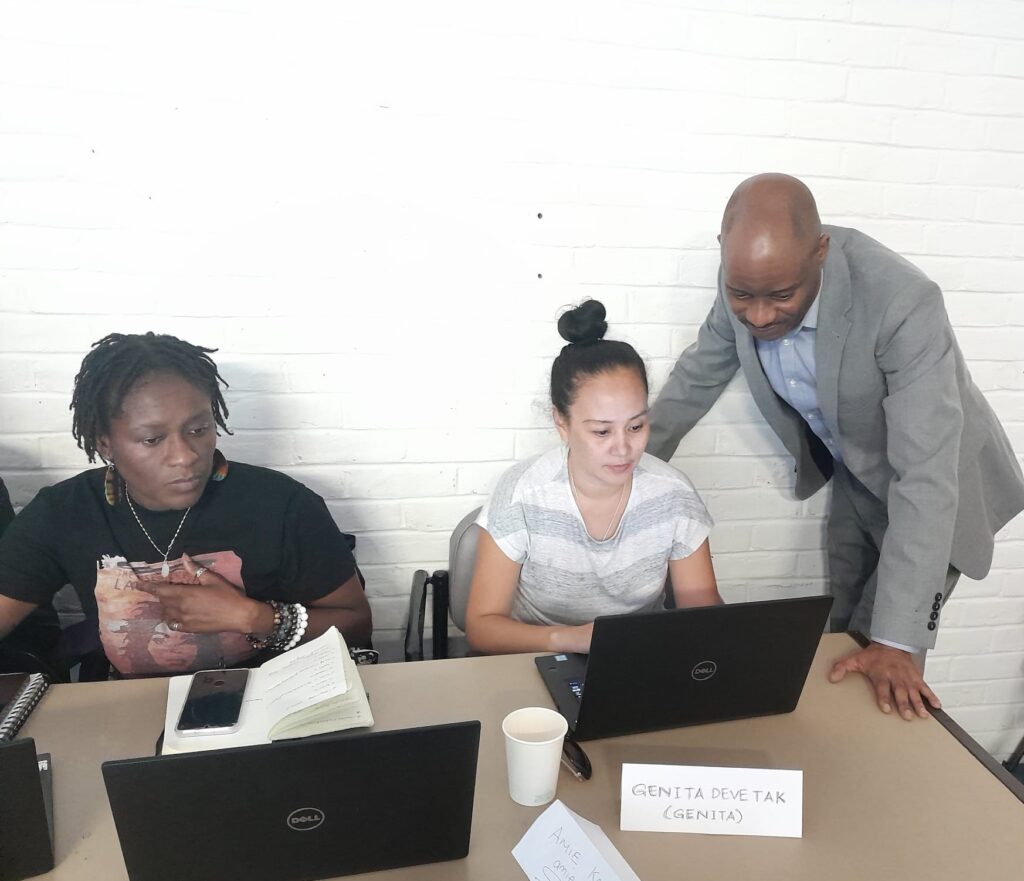Climate Change Collective: Building a Sustainable Future Together
In recent years, the impacts of climate change have become increasingly evident, underscoring the urgent need for collective action on a global scale. From extreme weather events to rising sea levels, the consequences of climate change are being felt by communities and ecosystems around the world. In this blog, we explore why collective action on climate change is crucial and how we can work together to build a sustainable future for all.
Climate change is interconnected with other global challenges, including poverty, inequality, conflict, and health. Addressing climate change requires integrated approaches that consider the interconnectedness of these issues and seek to address their root causes through collective action.
As reported on Southwark council’s website, “Southwark is committed to meeting the challenge of the climate emergency as it opens enormous opportunities for the Borough, its residents and businesses”. But, only by working together can we effectively mitigate the impacts of climate change and create a sustainable future for generations to come.

Consider our trailblazing hybrid work in Southwark and London: A Circular Approach
As a hybrid organisation with genesis from the gaming paradigm, our positioning is geared for Triple Bottom Line development and thus puts essential players within reach of our tentacles. There is so much unreported work going on in London Boroughs however they often exist in silo and therefore are disconnected. Consider the examples in the London Borough of Southwark which IFB Gaming is actively a part of.
Southwark Councils, in partnership with London Southbank University and the Mayor of London, have set up an innovative green skills academy to prepare Southwark residents to get into work in green and sustainable employment sectors.
The Southwark Climate Collective, led by Better Bankside and supported by Team London Bridge, The Blue Bermondsey, Elephant & Castle Business Forum, Southwark Council, sets out to empower 160 SMEs and micro- businesses through education and practical support, to catalyze holistic organisational change and take climate action. Learn about the impact of Southwark Climate Collective with the link.
London Southbank University Green Skills Hub (LSBU), part of the Mayor of London’s Skills Academies Programme is also connecting HEI to businesses, community groups and residents.
According to an article on Southwark College’s website, 50% of residents who take part in the LSBU Green Skills Hub will be from underrepresented groups including: women, BAME Londoners, unemployed Londoners and deaf and disabled people. To this end, as part of our social and planetary responsibility, we are providing free connectivity to learners of the Green Skills Hub to support agile and micro learning through the National Databank.
The Southwark Climate Collective, led by Better Bankside and supported by Team London Bridge, The Blue Bermondsey, Elephant & Castle Business Forum and Southwark Council, sets out to empower 160 SMEs and micro- businesses through education and practical support, to catalyze holistic organisational change and take climate action.
Better Bankside CEO, Nicole Gordon
Collective action on climate change is crucial for several reasons:
A Planetary Challenge: A Community, Regional, National, International and Global Response:
Climate change knows no boundaries – it affects people, economies, and ecosystems regardless of nationality or location. Tackling this complex issue requires coordinated efforts and collaboration among countries, organizations, communities, and individuals worldwide. By joining forces and pooling resources, we can amplify our impact and address the root causes and lead climate change at a global scale.
Shared Responsibility, Equitable Solutions:
Addressing climate change is a shared responsibility that requires contributions from all communities, Boroughs, Government and countries regardless of their level of development or historical emissions. Collective action ensures that the burden of addressing climate change is shared equitably among communities and regions. This will be achieved with governance and countries providing leadership through support and resources for the Third Sector to address hard-to-reach and conflicting groups and serve as a bridge, to mitigate and adapt impact. By working together, we can ensure that no one is left behind in our efforts to build a sustainable future.
Seizing Economic Opportunities:
The transition to a low-carbon, sustainable economy presents significant economic opportunities, including job creation, innovation, and investment in clean energy, infrastructure, and technology. Collective action enables communities and businesses to seize these opportunities and unlock the economic benefits of a transition to a more sustainable future. By investing in renewable energy, energy efficiency, sustainability education and sustainable infrastructure, we can create green jobs and stimulate economic growth while reducing greenhouse gas emissions.
Protecting Vulnerable Communities:
Climate change disproportionately affects vulnerable and marginalized communities, including low-income populations and indigenous peoples. Collective action is essential to ensure that these communities are supported and protected from the impacts of climate change, including through adaptation measures, capacity-building, and financial assistance. By prioritizing equity, education, social justice and digital inclusion in our climate action efforts, we can ensure that all people have the resources and support they need to thrive in the future.
Preserving Ecosystems and Biodiversity:
Climate change poses a grave threat to ecosystems and biodiversity, with potential cascading effects on food security, water resources, and ecosystem services. Collective action is necessary to conserve and restore ecosystems, protect biodiversity, and mitigate the loss of valuable natural resources. By investing in nature-based solutions, such as reforestation, sustainable land management, and marine conservation, we can enhance resilience to climate change and safeguard the health and well-being of ecosystems and biodiversity.
We are thrilled to be part of such a crucial collective. Collective action on climate change is essential to address the global nature and magnitude of the challenge, share responsibility equitably, seize economic opportunities, protect vulnerable communities, and preserve ecosystems and biodiversity. By working together, we can create a sustainable future for generations to come and ensure that our planet remains a safe and habitable home for all life. Let us join hands and take bold action on climate change – our future depends on it.

Author
John Adewole
DEI & Operational Research Projects Director, IFB Gaming
John is also a cultural geographer, a gaming and esports researcher, a published author and an award winning educationalist.













